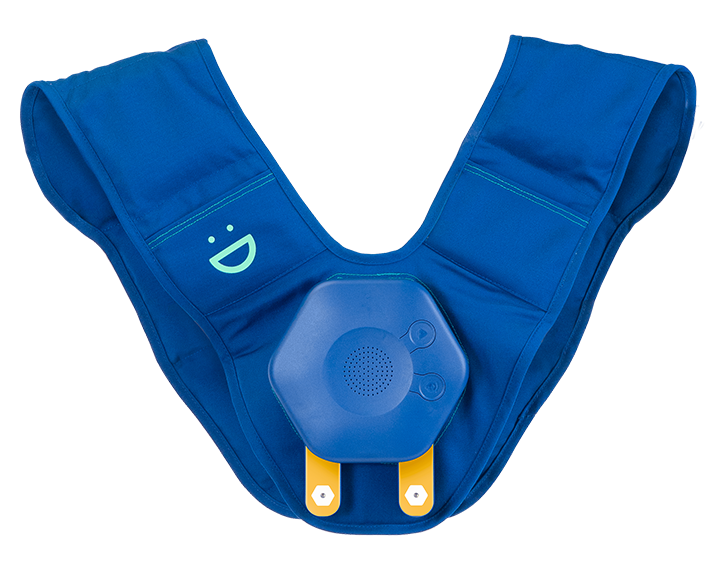Promoting Dance Movements with Welfare Technology
About this project
Project information
Patients with sensory/motor impairments often have multiple diagnoses that affect their sensation and motor skills. They can be divided into two main groups. The first group includes early brain injury, such as cerebral palsy, sometimes combined with moderate to severe intellectual disability. These patients may have significant limitations in mobility and difficulties processing sensory information.
The second group includes neurological diseases such as Parkinson's disease and multiple sclerosis (MS). These conditions affect the nervous system and lead to progressive impairments in sensory and motor functions. Patients may experience muscle weakness, coordination problems, balance difficulties, and reduced sensation.
In recent years, welfare technology such as Joyvest has started to be used in municipal care to promote movement, particularly among patients with dementia. Joyvest is a music vest that plays music when the wearer moves; the music is activated through movement detected by sensors attached to the body. If the movement stops, the music pauses. The sensors can be placed in various locations, such as on sleeves or pant legs.
Joyvest has shown good results in dementia care, but there is a lack of knowledge about its effect on dance movements in patients with sensory/motor impairments. The purpose of the project is to investigate whether Joyvest can promote dance movements in such patients and, if so, how it stimulates these movements.

Researchers
Collaborators
- André Frank, Region Örebro Län

